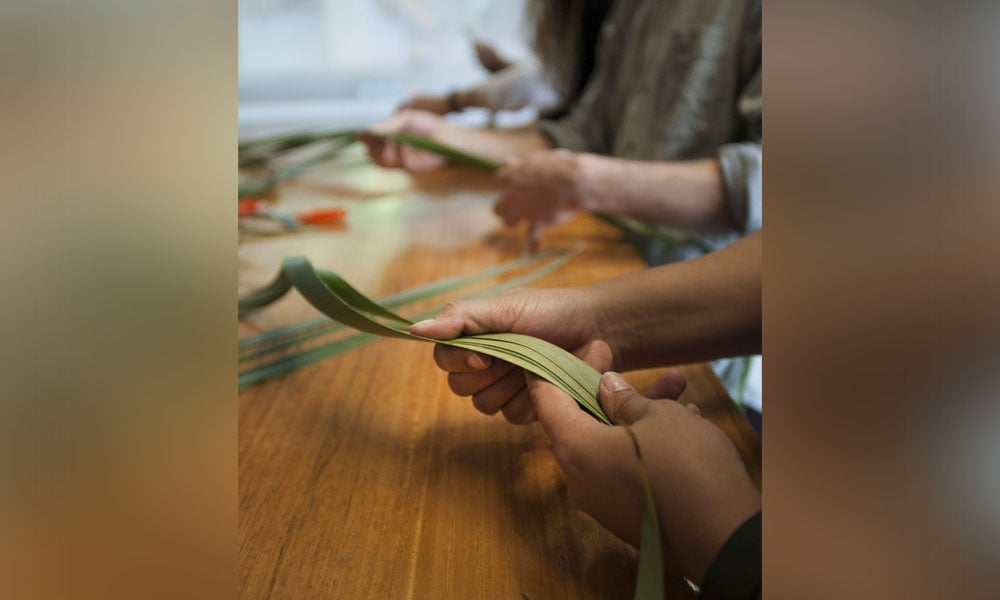
HRD investigates what it takes to build a great cultural diversity initiative

Traditionally, the vast majority of New Zealanders choosing to work in architecture have been white and male. Despite the number of women in architecture continuing to increase, the same could not be said for Māori architects.
That’s the predicament which inspired four Māori architectural graduates at Jasmax to establish a cultural advisory team - Waka Māia.
With the goal of providing an authentic Māori voice within the architectural firm, Waka Māia has been a tremendous success in building the design skills of Māori architects and future leaders.
In 2019, Jasmax launched a bicultural manifesto, reaffirming its bicultural design direction.
Amy Buller, Jasmax people & culture business partner, told HRD that the key to their achievements was imbedding a bicultural strategy into the heart of the practice.
“It’s not just something siloed on the side – everyone has to be on board and work together,” said Buller.
“Part of that is about everyone being willing and open - at all levels of the practice - to go on the journey.”
To upskill all their staff in the knowledge of and understanding of Māori, Buller said a bespoke Jasmax Te Ao Māori Guide has become available for employees to use in their everyday work. Additionally, cultural design workshops and lecture series with guest speakers are offered.
Read more: Why cultural diversity = High performance
The success of their program has also been driven by some key partnerships.
This includes working with a Māori cultural development specialist who provides guidance around developing and maintaining cultural design leadership within New Zealand.
Jasmax also partnered with the University of Auckland to offer a scholarship for Māori and Pacific students for their Bachelor of Architecture studies. The scholarship is worth $5,000 per annum for up to five years of study.
To replicate Jasmax’s success in promoting cultural diversity, Buller advises HR professionals to invest time in listening and putting formal checks and processes in places.
“That helps us all to stay open – there’s always room for improvement.”
Read more: Ten steps to capitalise on cultural diversity
Buller added that it’s particularly heartening to see the impacts of having their young graduates guide the organisation’s bicultural direction.
“For example, one of our key recent projects is at The University of Waikato Tauranga Campus which opened in 2019. It is a campus unique for its bicultural focus on tertiary education and we have just heard that Māori enrolments have increased by 91% this year – that’s an amazing outcome.
“We’re very proud of how we’ve seen our people at Jasmax flourish and the way our whole team feels valued and supported.”